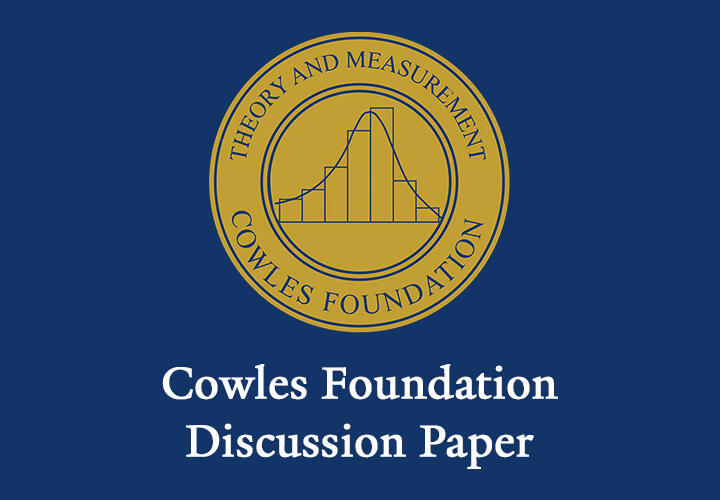Peter C. B. Phillips
- peter.phillips@yale.edu
Ph.D., Econometrics, London School of Economics and Political Science, 1974 M.A., Economics, University of Auckland, 1971 (First Class Honours) B.A., Economics, Mathematics and Applied Mathematics, University of Auckland, 1969.
Peter was educated at the University of Auckland in New Zealand and the London School of Economics and Political Science in the UK. Having taught at Yale since 1979, where he is now Sterling Professor Emeritus of Economics, he has ongoing appointments as Distinguished Professor at the University of Auckland and Distinguished Term Professor at Singapore Management University. He is an elected fellow of over ten international scientific societies including the British Academy, the American Academy of Arts and Sciences, the Royal Society of New Zealand, the Econometric Society, the Institute of Mathematical Statistics, and the American Statistical Association. He is a distinguished fellow of the New Zealand Association of Economists, Thomson Reuters Citation Laureate, recipient of the New Zealand Medal of Science and Technology, NZIER/QANTAS Economist of the Year, and Biennial Medalist of the Modeling and Simulation Society of Australia and New Zealand.
Peter’s research interests include econometric theory, financial econometrics, time series, panel data, and spatial econometrics, microeconometrics, applied macroeconomics and climatological trends. His work on finite sample theory, continuous time modeling, trends, unit roots, bubbles, and partially identified models have subsequently developed into major fields of scientific inquiry. His recent work includes econometric analyses of real estate bubbles and financial crises, which have led to a warning alert system that is used by many central bank surveillance teams for real time monitoring of financial markets. His google scholar citation count exceeds 120,000, with over 33,000 since 2020. Peter is founder and Editor of Econometric Theory and founding Editor of Themes in Modern Econometrics for Cambridge University Press. He has an extended family fellowship of over 100 Ph.D students, many of whom are now prominent econometricians.

